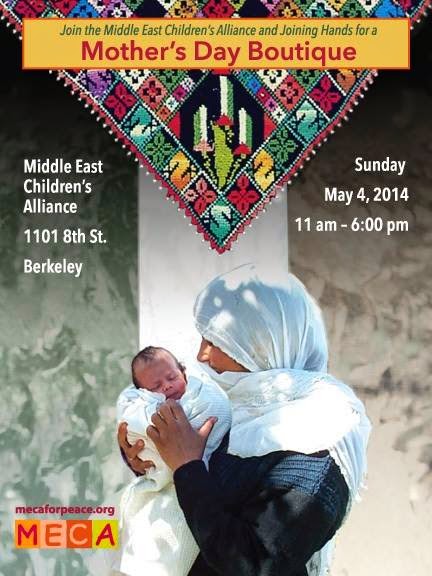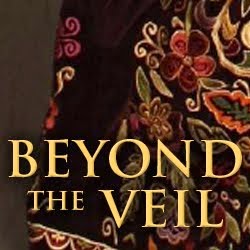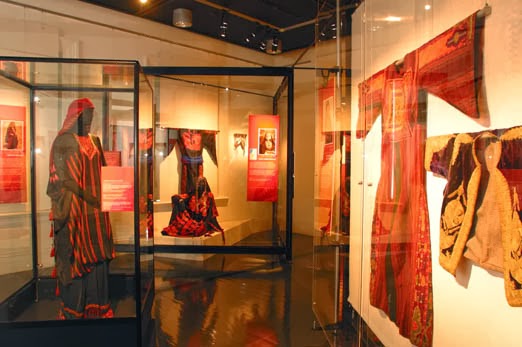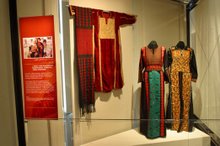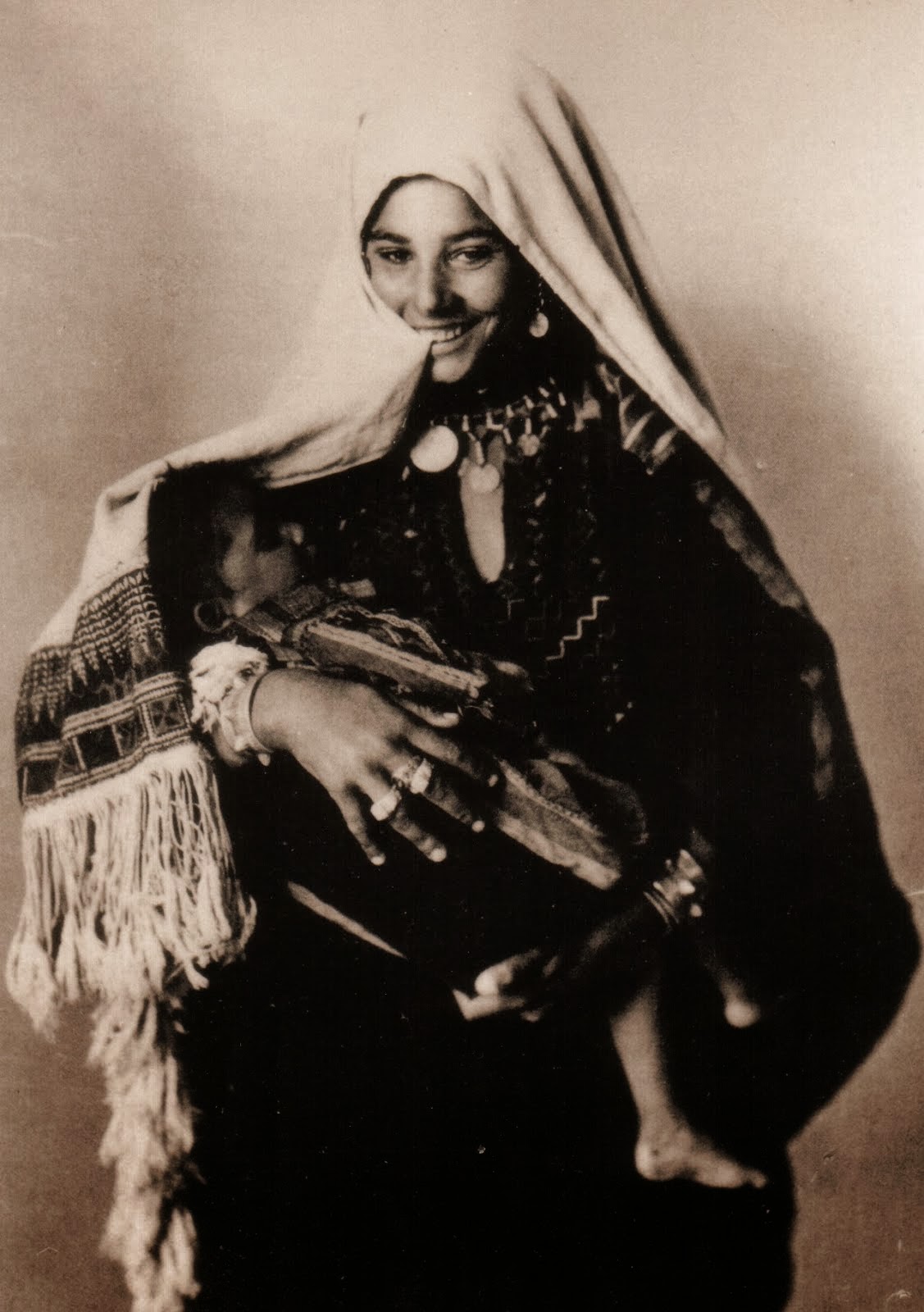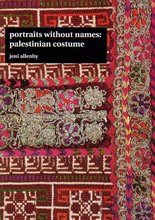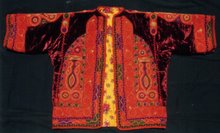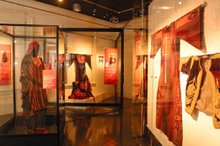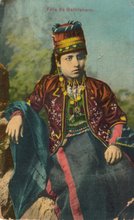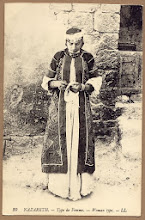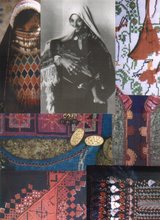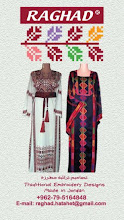Murad Shishani reports for BBC News on another small museum keeping Palestinian heritage alive, this time in Tulkarm in the West Bank :)
"Bassam Badran has been collecting Palestinian heritage artifacts for most of his life - but not just for his own enjoyment. On al-Mintar hilltop in the West Bank district of Tulkarm, the 64-year-old has set up the Palestinian Heritage Museum, where his treasured possessions are carefully displayed for all to see.
"Badran says the aim of the museum is to keep the Palestinian heritage alive. "Theodore Herzl said a very famous sentence and the Israeli policies these days are built on it. He said: 'Every Jew should got to Palestine because we are a people without a land for a land without a people'. He ignored the Palestinian people I will prove to him through Palestinian heritage that the Palestinian people have lived on this land and still live and will continue to do so, God willing," the curator said.
"The Palestinian Heritage Museum traces the region's long history, from the Greek, Roman and Byzantine periods, to the era of the early Crusades and the British Mandate. One of the more precious items is a lamp used by the 'Orient Express', a train that used to run from Istanbul to Egypt through what was known then as Palestine.
"They used kerosene or oil to light it up and when they wanted to ask the train to stop, they would signal like so, and when they wanted to ask the train to depart it would signal like so," Badran said as he showed how the light worked. Badran said his collection of newspaper clippings showed Palestinian merchants used to export millions of boxes of oranges before the Second World War, while a gold-plated bell pays testament to another significant historical event.
"On the Titanic, there were Palestinians. The Titanic sank into the sea and the Palestinians (who were on board) also drowned like the rest. Their family at home heard that they drowned on the Titanic, so they held a memorial service and made five bells and gave them as gifts to schools so they could be rung in remembrance of those who drowned on the Titanic," Badran explained.
While some of the items on display have little monetary value, they offer a valuable glimpse into the past, showing the old Palestinian currency and passports dating back to the 17th and 18th centuries.
The devoted collector said that while he received words of support for his museum from the Palestinian National Authority, he had spent over 40 years funding the project himself.
"Anyone who wants to collect heritage items needs to have these three traits: the will to collect, and secondly, the time. I have been collecting since 1972, so time is needed. Also you need money, the monetary issue is important. Imagine that I buy the Palestinian pound for 400-1000 (US) dollars, the 100 pound bill is worth 150,000 (US) dollars or more," Badran said.
With his unique collection of artifacts, Badran says he is determined to maintain the Palestinian national heritage. And he hopes that one day, his prized museum will be even be recognized by the U.N.'s cultural body, UNESCO.

